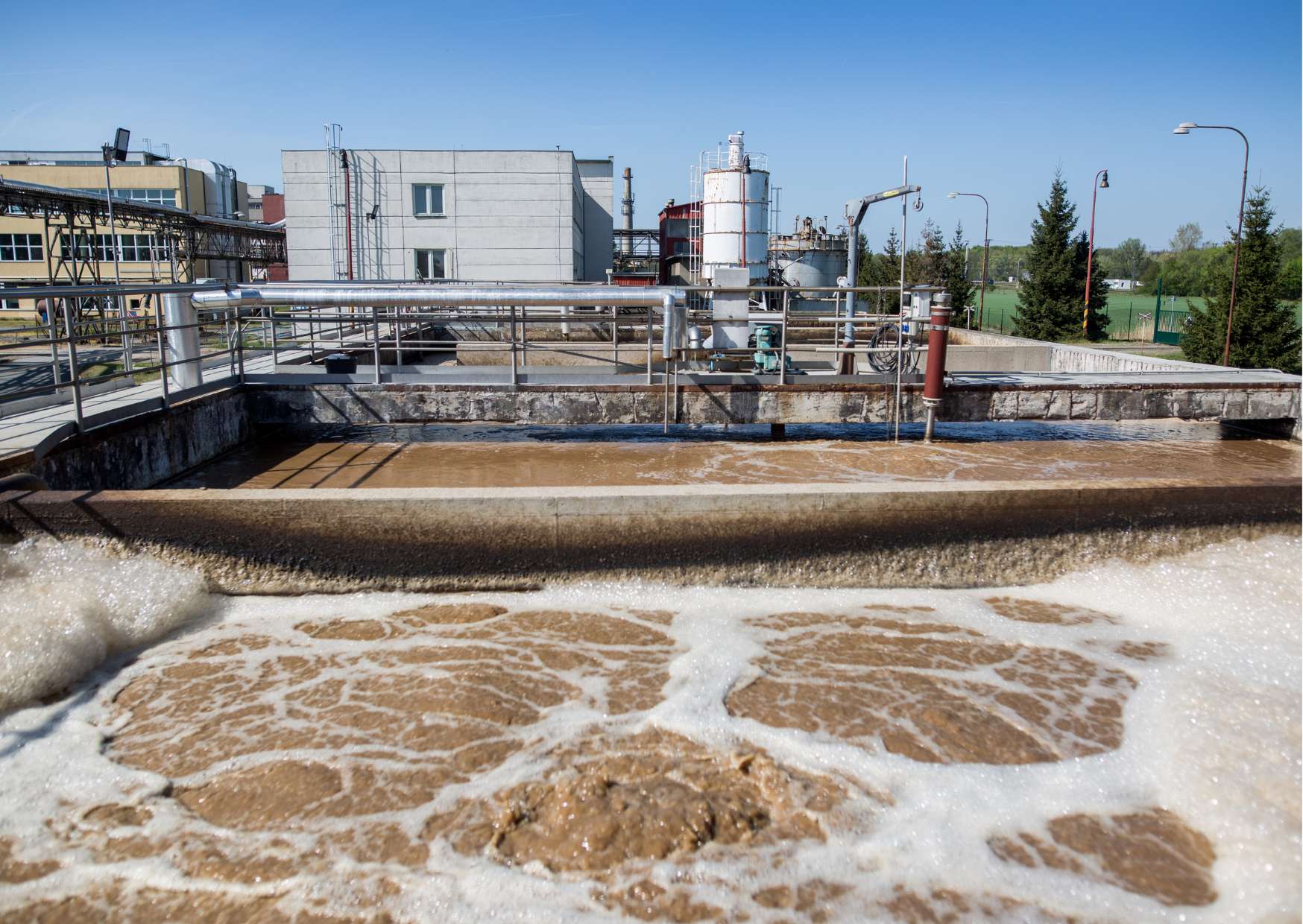Title: Safety Certification for Water and Sewer Treatment Plants
Essentials of Course: Safety Certification for Water and Sewer Treatment Plants is a specialized training program designed to equip individuals with the knowledge and skills necessary to ensure safety and compliance in water and sewer treatment facilities. Developed by industry experts, this course covers essential safety protocols, regulatory requirements, emergency procedures, and best practices specific to water and sewer treatment operations.
Why Course Matters: Safety is paramount in water and sewer treatment plants, where workers are exposed to various hazards, including chemicals, machinery, confined spaces, and biological contaminants. This course matters because it provides participants with the training and certification needed to prevent accidents, injuries, and environmental incidents in these critical facilities. By prioritizing safety and compliance, organizations can protect the health and well-being of their employees, ensure regulatory compliance, and maintain the integrity of their water and sewer systems.
What You’ll Learn:
- Understanding safety regulations and standards applicable to water and sewer treatment plants
- Identifying common hazards and risks in treatment plant operations
- Proper handling and storage of chemicals used in the treatment process
- Safe operation of treatment plant equipment and machinery
- Emergency response procedures for spills, leaks, and other incidents
- Confined space entry procedures and precautions
- Personal protective equipment (PPE) selection and usage
- Implementing effective safety programs and practices in treatment plant operations
Who Should Take This Course: This course is essential for anyone working in or around water and sewer treatment plants, including:
- Plant operators and technicians
- Maintenance and engineering staff
- Safety officers and supervisors
- Environmental health and regulatory compliance personnel
- Contractors and consultants working in treatment plant facilities
Whether you’re a seasoned professional or new to the industry, this course provides valuable safety training to help you work confidently and effectively in water and sewer treatment operations.
Course Format: Safety Certification for Water and Sewer Treatment Plants is delivered through a combination of online modules, video lectures, interactive exercises, and practical demonstrations. Participants can access the course materials from any internet-enabled device, allowing for flexible learning at their own pace. The course also includes hands-on training opportunities, site visits, and simulations to reinforce key concepts and skills.
Benefits of Taking This Course:
- Enhance safety: Gain the knowledge and skills needed to identify and mitigate hazards, prevent accidents, and respond effectively to emergencies in water and sewer treatment plants.
- Ensure regulatory compliance: Learn about relevant safety regulations, standards, and best practices to ensure compliance with legal requirements and industry standards.
- Protect workers: Equip employees with the training and certification needed to work safely and confidently in treatment plant operations, reducing the risk of workplace injuries and illnesses.
- Improve efficiency: Streamline operations and reduce downtime by implementing safe work practices and procedures, leading to increased productivity and cost savings.
- Enhance reputation: Demonstrate your commitment to safety and professionalism, enhancing your organization’s reputation and credibility in the industry.
Enroll Today: Invest in the safety and well-being of your workforce by enrolling them in Safety Certification for Water and Sewer Treatment Plants today. With comprehensive safety training and certification, you can create a safer work environment, reduce the risk of accidents, and protect your most valuable assets—your employees and your infrastructure. Enroll now and take the first step towards safer and more successful water and sewer treatment plant operations.


Reviews
There are no reviews yet.